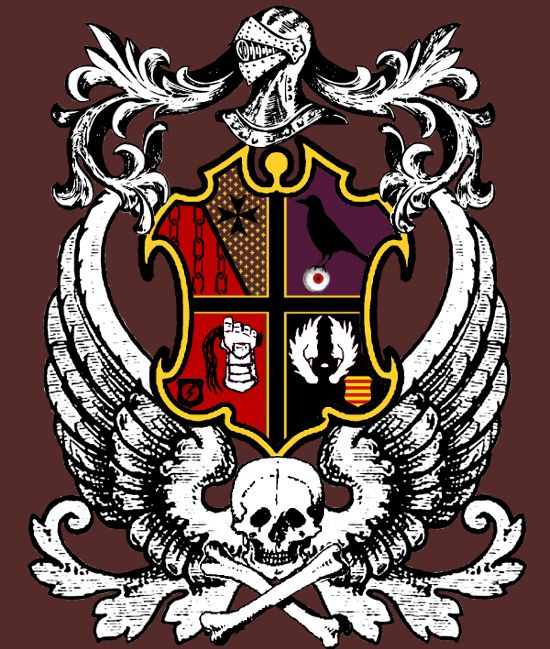Fate: Allies
A marvelous experience, Long Live the Republic.
Pieter Hendrickx, son of Dirk, grandson of Maarten
A marvelous experience, Long Live the Republic.
Pieter Hendrickx, son of Dirk, grandson of Maarten

Fate of Belgium: Comitern
van't Boske, minutes before he leaves to protest on the streets
((thanks TH3, for running the first iAAR where I was active in.))
((Im a sad panda i missed your AAR TH. I remember your Shadow of the Andes which was a hell of a ride and most exciting. Hope i get to catch your next interactive AAR where i can join from the start again))
((Anyone who wants to join my Monarchist Society which is under development for PttP join #MS on Coldfront IRC))
